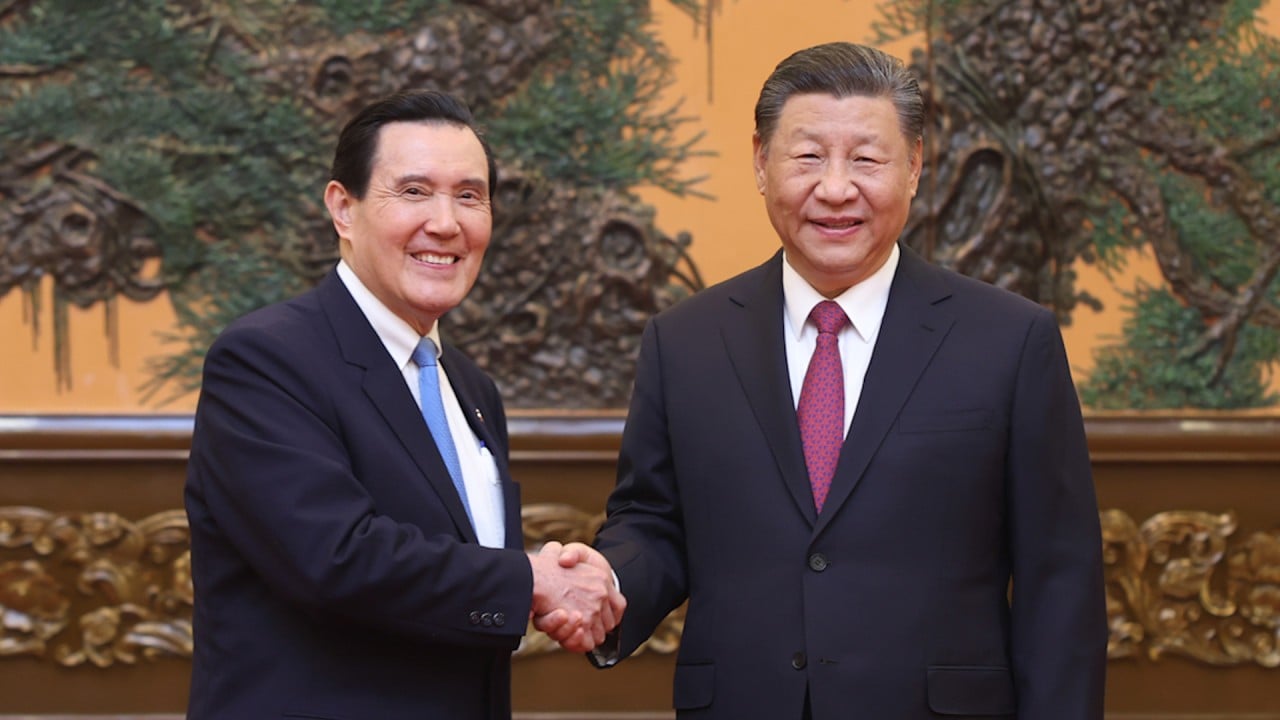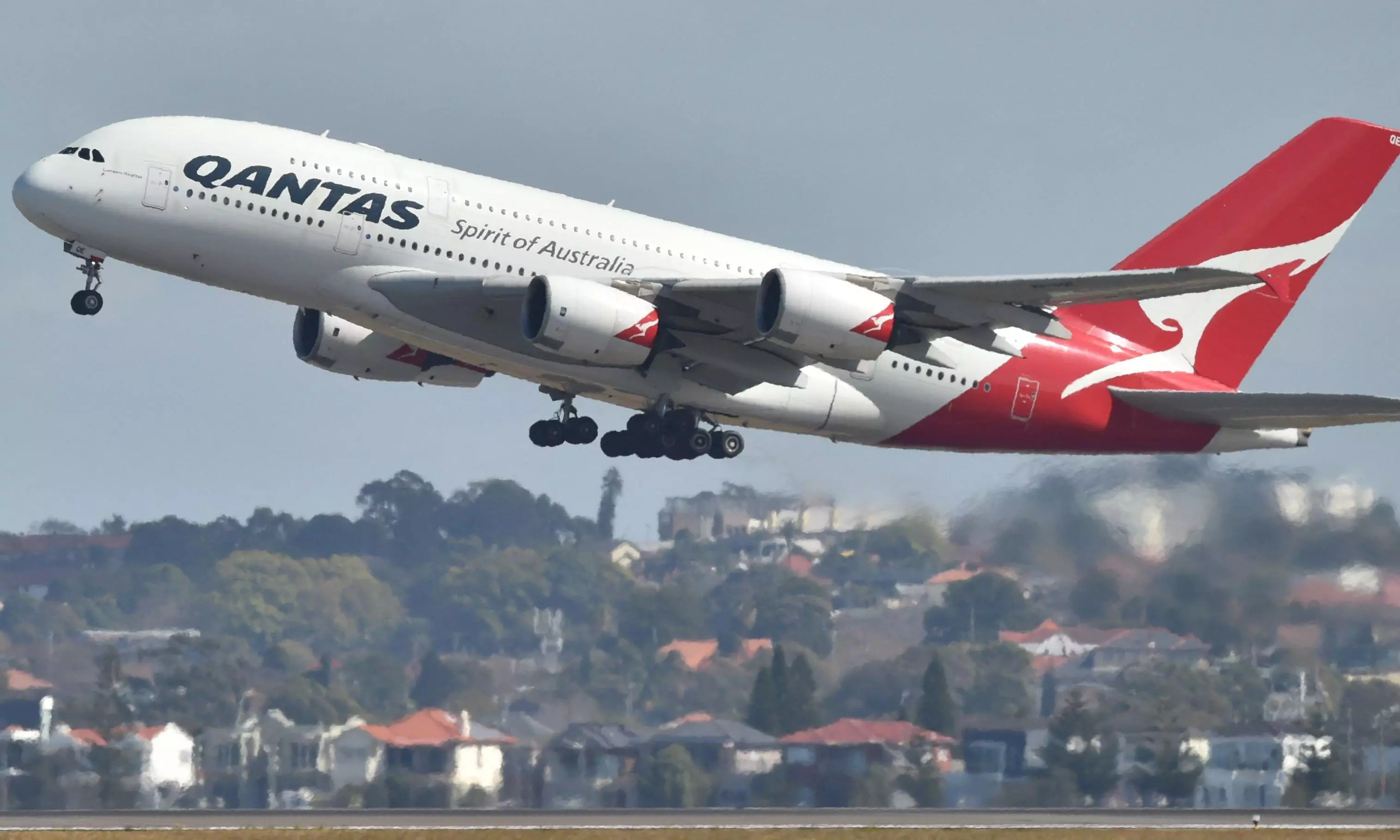The measures encompass a wide range of sectors including industry collaboration, trade facilitation, professional qualification recognition, real estate investment and education.
Song Tao, director of Beijing’s Taiwan Affairs Office, told the trade fair’s opening ceremony that the mainland economy continues to rebound from the start of the year, “showing massive innovative vitality and bright prospects”.
“We will continue to promote exchange and cooperation in all fields between the mainland and Taiwan, and be the first to share with Taiwanese compatriots and enterprises the opportunities and achievements of China’s modernisation,” he said.
“As long as Taiwan’s political parties and groups don’t advocate for Taiwan’s independence, and recognise that both sides of the strait are part of the same Chinese family, then there will be no hurdles to communication and exchange, and many issues can be negotiated and resolved,” he said.
Song said Beijing would continue to strongly support the construction of the Fujian Cross-Strait Integration and Development Demonstration Zone, part of Fuzhou’s broader strategy to explore new pathways for the integrated development of both sides of the Taiwan Strait.
Under the plan, measures will be taken in the areas of travel, education, trade and investment with the aim of making Fujian the mainland gateway for Taiwanese residents and companies.
Among the key measures announced on Thursday was the establishment of an industrial cooperation park between Fuzhou and Matsu, which is expected to bolster economic ties and create new opportunities for businesses on both sides.
Fuzhou will invest 100 million yuan (US$13.8 million) every year to support Matsu companies to do business in the park.
The policy also gives Matsu residents in Fuzhou the same property investment opportunities as locals. The Fujian Haixia Bank will establish a 10 billion yuan (US$1.38 billion) dedicated loan programme offering preferential interest rates to Matsu investors.
Another area of focus is education, with measures aimed at enhancing educational exchanges and collaboration, including the possibility of joint educational programmes and student exchange opportunities.
The city has also pledged to budget an annual 40 million yuan (US$5.5 million) for the setting up of a cross-strait trade distribution centre as well as increased cargo shipping between Mawei and Huangqi on the mainland and Matsu, to improve logistics and promote trade and economic exchange.
Rao Quan, Beijing’s vice-minister of culture and tourism, said Fujian residents would initially be able to visit the islands and islets that make up the Matsu archipelago.
Once direct sea passenger routes resume from Pingtan, they will be able to travel in groups to the main island of Taiwan, he added.







